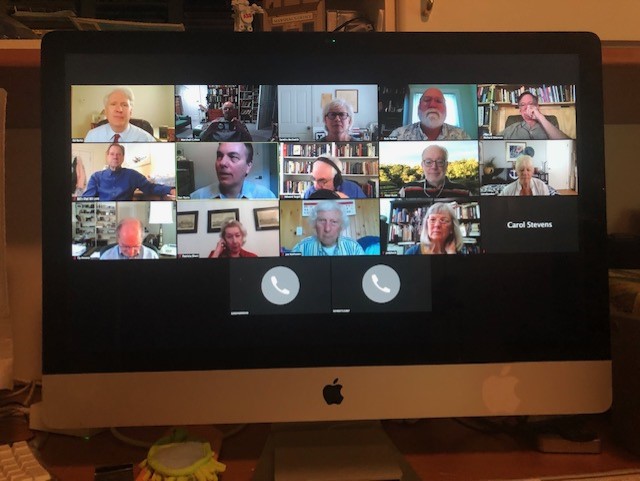Beta readers help a book find its audience
Beta readers don't take the place of copy or line editors but can help a book find its audience.

The National Press Club's informal group of independent authors welcomed guest speaker Sandra Beckwith, owner of BuildBookBuzz.com, at its July 9 meeting, for a discussion about beta readers.
What are beta readers? They provide feedback to an author prior to the publication of a book. These volunteers keep their eyes on the big picture, assessing things like flow, clarity, accuracy, and whether the book is likely to resonate with its intended readership. It gives authors a chance to test their work with their target audience. New products do it. Books should, too, said one group member.
Beckwith strongly advised authors not to skip the beta reading step. While it adds a bit to the book's production timeline, it results in a better quality product.Friends and family will not tell you the truth about your book, but a beta reader will, she said.
It is important, she added, to be clear about expectations with beta readers. For instance, tell them they can ignore any grammar and punctuation errors since a copy editor will take care of that in a later step. Also, they are not expected to be fact checkers.
"Beta readers become your cheerleaders," Beckwith said.
They can post a review of the book at online sites such as Amazon, Barnes and Noble, and other booksellers, although it is recommended that they disclose their involvement with the book.
So where is one to find beta readers? Beckwith suggests associations and alumni groups. Professional colleagues are another good source, especially for non-fiction authors.
The group's next meeting on Aug. 13 features Will Dages of Findaway Voices, who will offer his insights into audio books.
